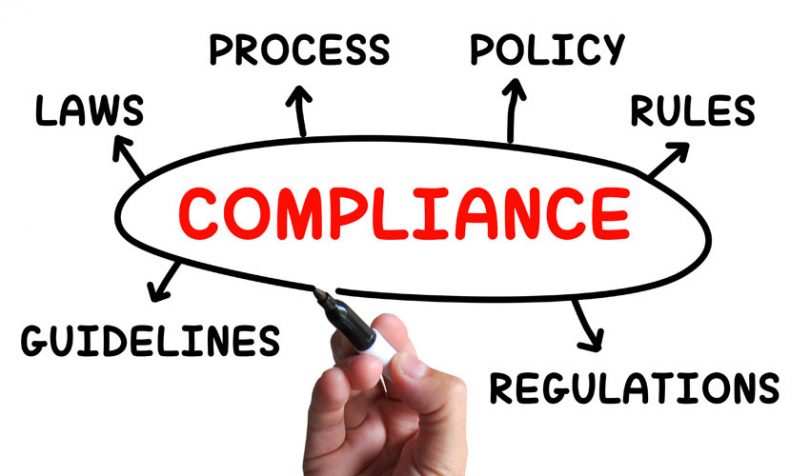The Euro Banking Association (EBA) has published a report about using distributed ledger technology (DLT) for a variety of compliance applications. In particular for know your customer (KYC), anti-money laundering (AML), and general compliance with banking oversight.
Shocking cost of KYC
In 2016 Thomson Reuters interviewed 800 financial institutions about KYC. The average firm paid $60m a year for KYC compliance with some spending up to $500m annually. Companies operating globally may have to implement different KYC practices for separate jurisdictions. Additionally, KYC procedures are often siloed, paper-based and require a significant investment in compliance resources.
KPMG found that 80% of the KYC effort is spent on information gathering and processing and only 20% on assessing and monitoring.
One suggestion is to use an internal KYC blockchain to enable sharing of data across divisions. That compares to the current situation where data is often stored in paper form and not shared between departments. As a result, clients often have to resubmit personal data when they apply for additional products. However, it seems a centralized database could achieve the same object, despite the EBA portraying some advantages of a DLT solution.
Another solution is sharing KYC information between firms. Subject to privacy requirements, the benefits to banks could be substantial. Research by Signicat found that more than 50% of customers in Europe abandon new account applications during the onboarding process. Plus 75% of consumers would prefer a fully digital way to sign up.
The EBA highlighted the governance challenges because banks are hesitant to share customer data with competitors. However, there are numerous workarounds. One is to share limited information, for example, to only share consent information.
The report also recommended the involvement of regulators who might be involved in setting the rules. However, what’s legally allowed might vary between jurisdictions and cross-border sharing could be a challenge. Another issue is both the legality and willingness of banks to rely on third parties for their KYC obligations.
Finally, the cost-effectiveness needs to be high because there are competing technologies.
AML and CTF (counter-terrorism financing)
When running AML checks, some financial institutions report false positive rates as high as 98%. And every one of those false positives needs to be manually checked. Lists need to be updated, and not all parties update lists at the same time.
While not mentioned in the report, there are already solutions appearing for collating and updating the lists.
Reporting
Reporting requirements have increased since the financial crisis. Financial institutions have to report on liquidity, leverage and non-performing loans. An example is in the European Union credit institutions have to report regularly to The European Central Bank and the European Banking Authority.
One option is to allow access to regulators to a shared distributed ledger. By sharing data, it would remove the process of preparing a report. For regulators, greater transparency would enable them to identify risks faster.
Examples of projects
JP Morgan’s blockchain for payments focuses on addressing AML and CTF inquiries. ING recently released a new version of Zero-Knowledge privacy technology which could also help with checking against lists. In Belgium, Isabel Group developed a blockchain based KYC project. And Synechron trialed a KYC solution with 39 financial institutions.






